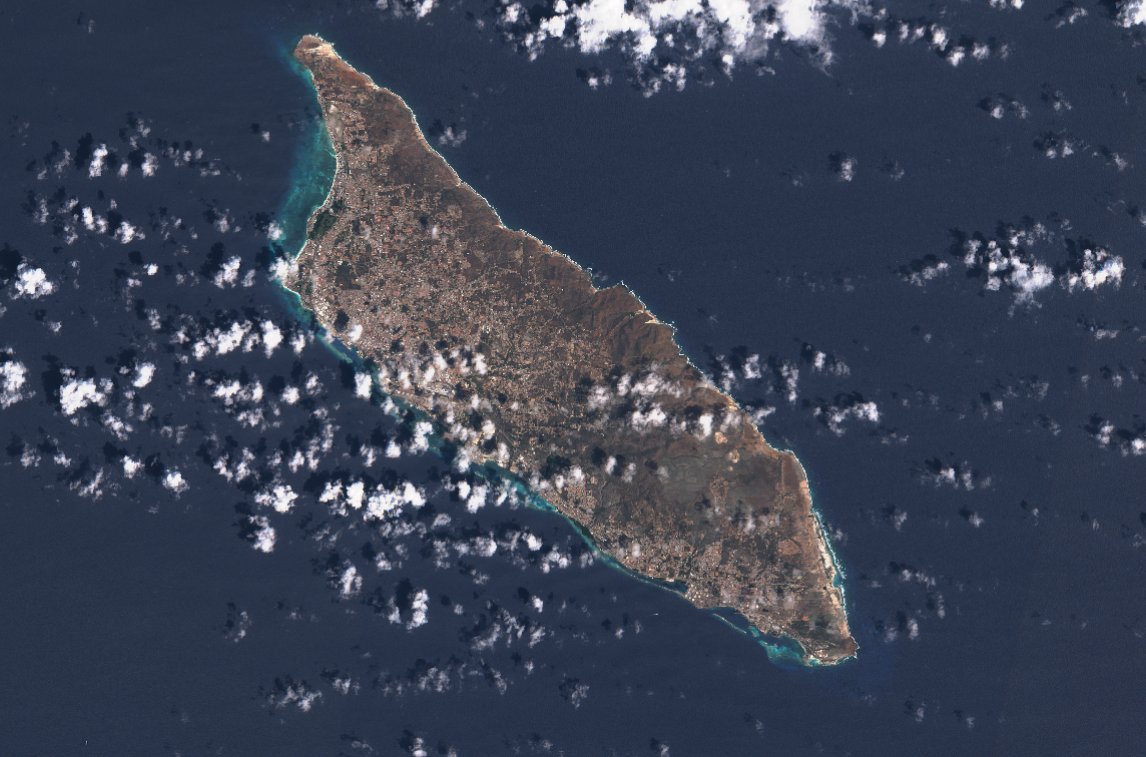Reshaping Aruba’s Government: A Leaner, More Accountable Future
Aruba’s financial situation demands leadership, bold decisions, and a commitment to reform. The time for half-measures is over. With mounting debt and a bloated government structure, we need a smaller, more efficient administration prioritizing cost savings, accountability, and sustainability. Aruba government reform is a must. Here’s how we can make that happen.
A Strong Senate Leader: The Backbone of Governance
One of the most critical government roles is that of the Senate president. This individual must be a strong, qualified leader who rules with an iron fist and ensures that the legislative body functions as the crux of the executive branch, not as a cheerleader for the administration.
In recent years, we’ve seen the damaging effects of having a charlatan in this role, prioritizing personal interests over the nation’s well-being. Aruba deserves better. The next Senate leader must focus on pushing forward critical legislation with efficiency and integrity, ensuring that the government remains accountable to the people.
Additionally, the Senate itself should set an example by cutting unnecessary expenditures. For instance, the tradition of traveling to Parlatino and other politically motivated meetings – essentially cozy trips on the taxpayers’ dime – should end. These meetings, created by politicians for politicians, have long been a burden on public funds without delivering tangible benefits for Aruba.
A Return to Core Values
When Aruba obtained its Status Aparte in 1986, the Constitution was drawn, and ministries were carefully structured to govern the new country. These ministries were built to stand the test of time, operating as robust institutions intended to guide Aruba’s governance for the long run.
However, over time, political compromises, ambition, and negotiations have watered down their content. New ministries were created not out of necessity but as tools to hand out more chairs and keep political allies satisfied. This dilution of purpose has weakened the government’s ability to function effectively. Now is the time to go back to basics and return to those core values, focusing on the foundational structures designed to serve the country – not political agendas.
Consolidating Ministries for Efficiency
Aruba can no longer afford a government with eight ministries. The Council of State has published an opinion recommending the number of ministers be cut back.
Consolidating into five ministries would save AFL. 60 million annually – AFL. 250 million over four years – and send a clear message of fiscal responsibility. Here’s how this could work:
Economy, Finance, and Tourism
Combine these portfolios under Geoffrey Wever, whose expertise and leadership in economic affairs have been proven. This ministry would serve as the cornerstone for financial and fiscal reform, promoting synergy and eliminating redundancies. Draft banking and consumer protection legislation are in the pipeline that needs to be enacted into law in the first 100 days of government to benefit consumers and stimulate the economy.
Tourism: A Bold Shift Toward Sustainability
One of the boldest moves Aruba could make is banning cruise ships. Cruise tourism strains our infrastructure depletes resources and fails to deliver meaningful economic benefits compared to overnight-stay tourism.
By eliminating this volume-based approach, we can redirect attention to creating a memorable experience for overnight tourists. This boosts the new hotel rooms recently added to the island and protects the investments made in the hospitality sector. With more focus on Aruba’s culture, cuisine, and natural beauty, we can attract higher-value visitors, ensuring a more sustainable and profitable tourism industry.
Justice and Infrastructure
Bring these sectors under one umbrella, restoring the strong model we’ve seen in the past. A leader like Arthur Dowers, with experience in justice, could very well instill governance and integrity into the infrastructure department, including utility companies and state-owned organizations.
Health, Transport, and Utilities:
This new ministry could be led by someone with strong commercial skills to ensure transparency and efficiency in public services. This minister should also implement and create a model for the much-needed corporate governance. In health care creating a surplus in the health budget by cutting down the health coverage benefits for the patients does not benefit the community. Protectionism and nepotism utilizing unfair competition against private laboratories in favor of the state hospital laboratory do not benefit the community. Expanding airport and hotel rooms without improving public transport does not benefit the community. I think Mike de Meza or Gerlien Croes leading would be up to the job.
Labor, Social Services, and DIMAS:
Establish a ministry that groups labor, social welfare, and DIMAS (the department handling permits for non-residents). These areas naturally intersect, particularly as Aruba navigates labor market challenges and seeks to manage immigration effectively. Combining them under one ministry reduces fragmentation and ensures a unified approach to supporting the workforce, addressing social issues, and managing non-resident permits efficiently.
Refocusing the Role of the Prime Minister
The Prime Minister must lead by example, focusing on steering the ministries, promoting fiscal discipline, and guiding policy. This is not the time for investment-heavy projects; Aruba simply cannot afford them. Instead, the government should focus on stabilizing finances, improving governance, and setting a tone of accountability across all levels. A fresh face in this position could very well reflect a much needed fresh start, but we can probably classify this a “wishful thinking”. Old habits die hard.
AI & Culture Prime Minister
The Prime Minister should embrace AI and use it to transform and reduce the headcount of the government payroll, but please don’t use AI just as a mere fancy title. Give it content. There is no need to fear job losses. Other countries, including our neighbor Bonaire, have worked with the private sector to move redundant staff from the public sector to new jobs in the private sector. Keep our cultural heritage and values balanced by assigning the culture portfolio to the Prime Minister to keep cultural priorities central while reducing administrative overhead.
Others?
Other ministries now in name only should be consolidated into the core ministries mentioned earlier. This move will streamline governance, eliminate unnecessary fragmentation, and ensure that every ministry serves a meaningful purpose with substantive responsibilities. By reducing the number of ministries and focusing on key areas, we can create a more efficient government structure that operates effectively and responsibly.
Cutting Costs Beyond Ministries
The government must also look beyond ministerial reductions to find savings. One key area is cutting the unnecessary travel budgets for parliament members attending ceremonial meetings. The funds saved could be redirected toward paying down debt or reinvesting in the community, showing that the government is serious about living within its means.
A Call for Action
Aruba is at a crossroads. We can continue down the unsustainable path of high debt and bloated governance or make the tough but necessary decisions to secure our future. A leaner government, a refocused tourism strategy, and a strong, accountable Senate leader are not just ideas but solutions. It’s time for Aruba to lead with integrity, discipline and a vision for a better tomorrow.
This week, I explored how a leaner government, bold reforms, and a sustainable tourism strategy can secure a stronger future for Aruba. Let’s continue the conversation there!
#Aruba #GovernanceReform #Sustainability #TourismStrategy #BoldDecisions #Leadership #FiscalResponsibility #Innovation #StatusAparte #ArubaFuture














